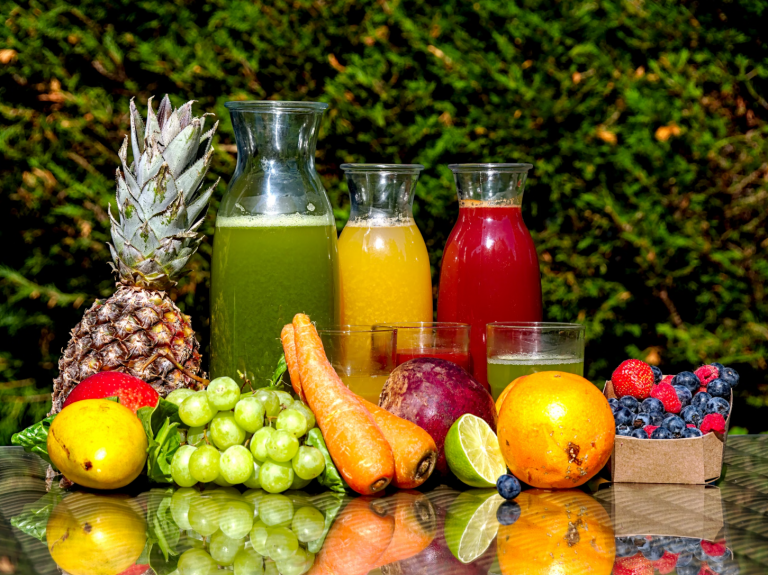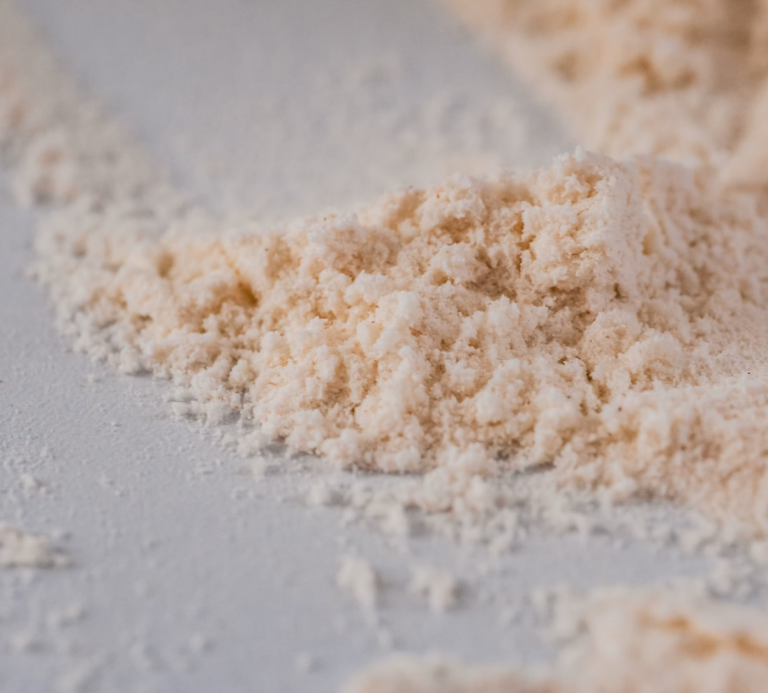
Introduction to Skin Nutrition
Want radiant, glowing skin without piling on expensive creams? The secret might be on your plate, not in your bathroom cabinet. What you eat shows up in your skin more than you think. That’s why incorporating the right superfoods into your daily routine can completely change the way your skin looks and feels.

Why Diet Matters More Than You Think
The Gut-Skin Connection
Your gut health directly influences your skin. A balanced microbiome can reduce inflammation, prevent breakouts, and improve texture. Think of your gut as your skin’s backstage crew—working behind the scenes to keep things smooth.
Inflammation: The Glow Killer
Chronic inflammation can make your skin look dull, red, and tired. Many superfoods have anti-inflammatory properties that fight oxidative stress, which is a major contributor to premature aging and skin issues.
Key Nutrients That Support Radiance
Antioxidants and Free Radical Defense
Free radicals are unstable molecules that damage skin cells and speed up aging. Antioxidants neutralize them, promoting skin renewal and clarity. Look for foods rich in vitamin C, E, and polyphenols.
Vitamins That Boost Skin Health
Vitamins A, C, E, and K are your skin’s best friends. They promote collagen production, protect against UV damage, and help your skin retain elasticity and moisture.
Essential Fatty Acids for Moisture
Omega-3 fatty acids are like natural moisturizers from within. They strengthen the skin barrier, lock in hydration, and reduce redness.
Top Superfoods for Glowing Skin
Avocados: The Moisture Miracle
Rich in healthy fats and vitamin E, avocados deeply hydrate the skin and keep it supple. They’re creamy, delicious, and perfect for everything from salads to toasts.
Blueberries: The Antioxidant Powerhouse
These tiny berries are loaded with antioxidants that fight signs of aging and boost collagen. Plus, they’re low in sugar—ideal for maintaining balanced skin.
Salmon: Omega-3 Rich and Anti-Inflammatory
Salmon is a star for reducing inflammation and keeping your skin moisturized. Its omega-3 content helps prevent dryness and supports a smooth, even complexion.
Sweet Potatoes: Beta-Carotene Glow
Beta-carotene converts into vitamin A, which is essential for cell regeneration. A serving of sweet potatoes can give your skin that healthy, sun-kissed glow—without the sun damage.
Spinach: Iron, Vitamins, and Hydration
Loaded with iron, folate, and water content, spinach boosts blood circulation to the skin and keeps it looking fresh. Think of it as a green juice for your face.
Walnuts: Plant-Based Fatty Acid Source
Walnuts are rich in plant-based omega-3s and zinc, which help heal the skin and combat acne. A handful a day can improve your skin’s texture and tone.
Tomatoes: Lycopene for UV Protection
Tomatoes are full of lycopene, a powerful antioxidant that protects your skin from UV damage. Cooked tomatoes have even more lycopene—hello, pasta sauce!
Green Tea: Detox and Calm
Green tea is anti-inflammatory, antimicrobial, and full of polyphenols. It soothes redness, calms irritation, and can help with hormonal acne when consumed regularly.
How to Incorporate These Superfoods Daily
Smoothies and Breakfast Bowls
Blend blueberries, spinach, and avocado with almond milk for a skin-loving smoothie. Add chia seeds or flaxseed for an omega-3 boost.
Lunch and Dinner Ideas
Grill salmon with a side of roasted sweet potatoes and steamed spinach. Top it with a tomato-avocado salsa for a complete skin-glow combo.
Smart Snacking
Snack on a handful of walnuts or sip green tea instead of reaching for sugary drinks. These small swaps make a big difference over time.
Foods to Avoid for Clearer Skin
Sugar and Glycation
Sugar binds to proteins and creates harmful molecules that destroy collagen—hello, wrinkles. Cut back on refined sugars to maintain firm, youthful skin.
Processed Oils and Acne Triggers
Highly processed oils (like soybean or corn oil) can disrupt your body’s natural hormone balance and lead to breakouts. Opt for olive oil or avocado oil instead.
Lifestyle Habits That Enhance Your Skin’s Glow
Hydration and Sleep
Drink plenty of water and aim for 7–9 hours of sleep a night. These two pillars are often more powerful than any skincare product.
Skincare Meets Diet
A good diet complements your skincare routine. Use products that contain ingredients you also consume—like green tea extract, vitamin C serums, or retinol (vitamin A).
Conclusion
You don’t need a 10-step skincare routine to get glowing skin—you need a smart grocery list. Superfoods like avocados, blueberries, and salmon provide your skin with essential nutrients from the inside out. Start small, make it a habit, and soon enough, your mirror will thank you.
FAQs
1. How long does it take to see skin improvements from superfoods?
Generally, you may start seeing subtle changes within 4 to 6 weeks, depending on consistency and overall health.
2. Can I rely on supplements instead of food for skin health?
Whole foods are more bioavailable and offer fiber and other nutrients. Supplements can help but shouldn’t replace real food.
3. Are these superfoods suitable for all skin types?
Yes! These foods are universally beneficial, although people with allergies (e.g., nuts or fish) should find alternatives.
4. Can superfoods help with acne?
Many do. Blueberries, green tea, and walnuts have anti-inflammatory properties that can help reduce acne symptoms.
5. Is it okay to eat the same superfoods every day?
Variety is key. Rotate your superfoods to avoid nutrient imbalances and food sensitivities over time.






